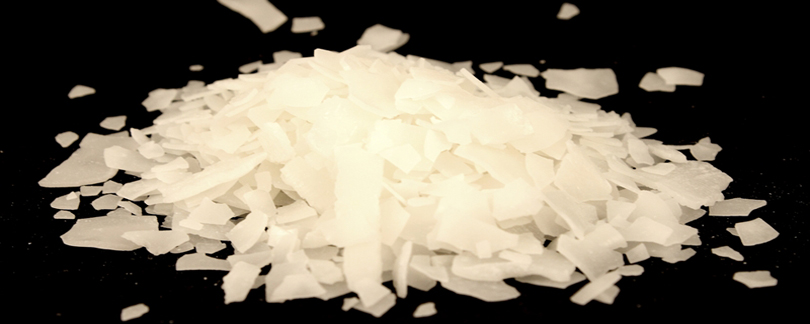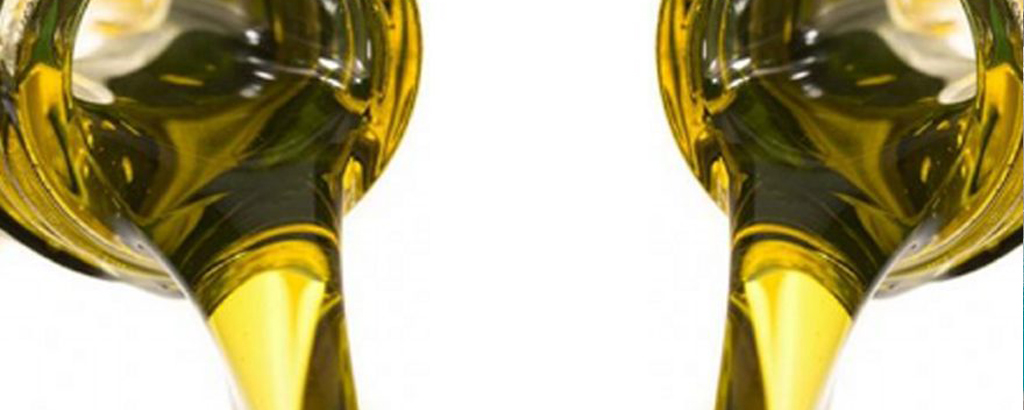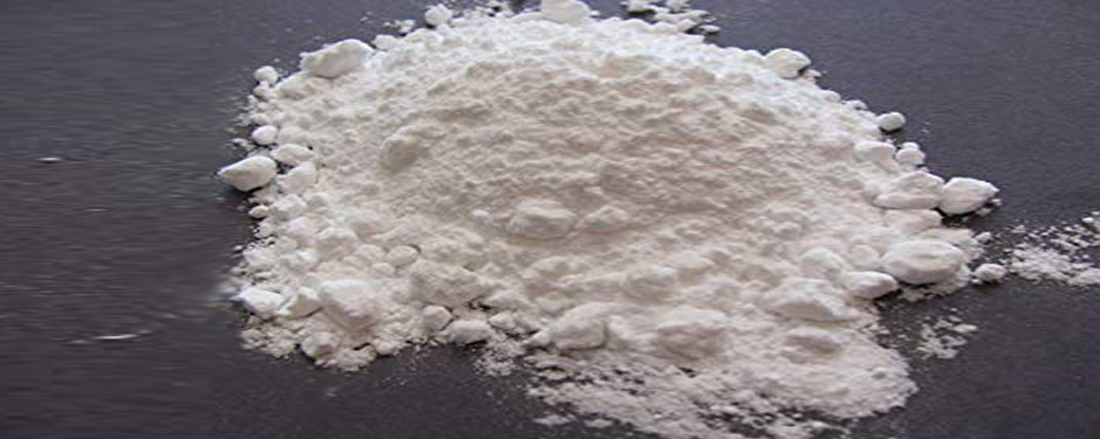kenya chemical is one of the leading Sorbitol distributors, manufacturers, exporters, and suppliers in Fujairah, Dubai, Sharjah, Abu Dhabi, Doha, Kuwait, kenya. We are supplied to various industrial markets including Household, Institutional Cleaning, Personal Care, and Industrial sectors including Oil fields, chemical, Animal feed additive, Food additive, Agrochemical, Fertilizer, pharmaceuticals, water treatment, Minerals, Lubricants, Marine Industry, Metal Working chemical industry, and Coatings markets.
Sorbitol is a sugar alcohol with a sweet taste that the human body metabolizes slowly. It can be obtained by reduction of glucose, which changes the converted aldehyde group (−CHO) to a primary alcohol group (−CH2OH). Most sorbitol is made from potato starch, but it is also found in nature, for example in apples, pears, peaches, and prunes. It is converted to fructose by sorbitol-6-phosphate 2-dehydrogenase. Sorbitol is an isomer of mannitol, another sugar alcohol; the two differ only in the orientation of the hydroxyl group on carbon 2. While similar, the two sugar alcohols have very different sources in nature, melting points, and uses.
Sorbitol is a new kind of sweetener extracted from glucose. It is widely used in the food industry. Besides sweeteners, they also can be used as an emulsifier, humectant, Thickeners in the food processing industries. Sorbitol is colorless, odorless, clear, and sticky liquid or crystalline powder with a sweet taste, with excellent characters of freshness-maintain, fragrant-retain, color-keep, and wetness.
The main purpose
1. It can be used as raw material to produce vitamin C. Sorbitol can be fermented and chemically synthesized to produce vitamin C. It can also be used as a raw material for industrial surfactants to produce span and Twan surfactants. Sorbitol, with its moisturizing properties, can replace glycerin and is used in the production of toothpaste, cigarettes, and cosmetics. Using sorbitol and propylene oxide as raw materials, polyurethane rigid foam plastics with flame retardant properties can be produced. In the food industry, it is used as a sweetener, a humectant, a chelating agent, and a tissue improver. In the medical industry, sorbitol is nitrified and dehydrated sorbitol ester is used to treat coronary heart disease. Food additives, cosmetics raw materials, organic synthetic raw materials, moisturizing agents, solvents, etc.
2. Nutritive sweeteners, wetting agents, chelating agents, and stabilizers. It is a special sweetening agent with a moisturizing function. It is not converted into glucose in the human body and is not controlled by insulin, so it is suitable for diabetics. It can be used for pastries with maximum usage of 5.0g/kg; The maximum usage amount in surimi and its products is 0.5g/kg. It can also be used as a defoaming agent for sugar making, brewing, and soybean products. It can also be used to moisturize raisins, thicken alcohol, cool drinks, and keep fragrance, as well as candy and gum.
3. Synthetic resin and plastics, separation and analysis of low boiling point oxygen-containing compounds, etc. It is also used as gas chromatography fixative, thickener, hardener, insecticide, etc.
4. Used as a stationary liquid for gas chromatography, for the separation and analysis of low boiling oxygen-containing compounds, amines, nitrogen, or oxygen heterocyclic compounds. It is also used in organic synthesis.
5. Used as a humidifier for toothpaste, cosmetics, and tobacco. It is a substitute for glycerine, which has a mild moisturizing effect and tastes better. You can use it with other moisturizers to get a synergistic effect. It is also used in the pharmaceutical industry as raw material for the manufacture of vitamin C.
6. Diuretic dehydrating agent. For the treatment of cerebral edema and increased intracranial pressure, increased intraocular pressure for the treatment of glaucoma, also used for edema, oliguria heart normal renal function.
Features and Advantages:
1. Sorbitol has moisturizing properties and can be used in the production of toothpaste, cigarettes, and cosmetics instead of glycerin.
2. In the food industry, sorbitol can be used as a sweetener, moisturizer, chelating agent, and tissue modifier.
3. In the pharmaceutical industry, sorbitan esters produced by nitration of sorbitol are drugs for the treatment of coronary heart disease. Food additives, cosmetic raw materials, organic synthetic raw materials, humectants, solvents, and the like.
Miscellaneous uses
A mixture of sorbitol and potassium nitrate has found some success as amateur solid rocket fuel.
Sorbitol is identified as a potential key chemical intermediate for the production of fuels from biomass resources. Carbohydrate fractions in biomass such as cellulose undergo sequential hydrolysis and hydrogenation in the presence of metal catalysts to produce sorbitol. Complete reduction of sorbitol opens the way to alkanes, such as hexane, which can be used as a biofuel. The hydrogen required for this reaction can be produced by the aqueous phase catalytic reforming of sorbitol.
19 C6H14O6 → 13 C6H14 + 36 CO2 + 42 H2O
The above chemical reaction is exothermic, and 1.5 moles of sorbitol generate approximately 1 mole of hexane. When hydrogen is co-fed, no carbon dioxide is produced.
Sorbitol-based polyols are used in the production of polyurethane foam for the construction industry.
It is also added after electroporation of yeasts in transformation protocols, allowing the cells to recover by raising the osmolarity of the medium.
We are trying our best to supply every chemical you may wish to buy. However, if there is something you can’t find, feel free to contact us and we will find just what you are looking for and offer you a competitive price. For more information or to request a particular product, call customer services or Given website Email address.
mail@kenyachemical.com





